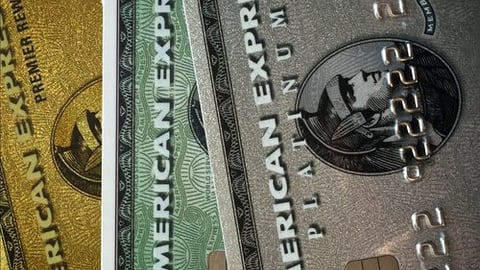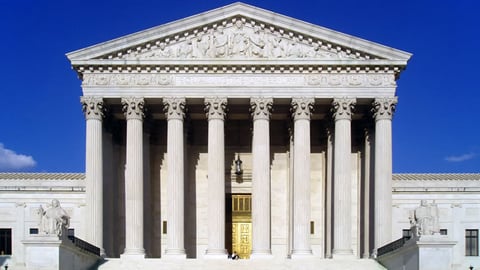Retailers Disappointed in Supreme Court's American Express Ruling
WASHINGTON, D.C. — Just days after scoring a victory in the U.S. Supreme Court's ruling on ecommerce tax collection, the court handed the retail industry a loss in its decision in Ohio, et al. v. American Express.
The case centered around the legality of American Express rules that prevent retailers from offering consumers benefits, including discounts, for using credit cards with lower fees.
On June 25, the Supreme Court ruled 5-4 in favor of American Express, reported The Associated Press.
"In this case, we must decide whether AmEx's anti-steering provisions violate federal antitrust law. We conclude they do not," Justice Clarence Thomas wrote in an opinion.
Retailers had argued that the rules were anticompetitive and denied consumers accurate information about their credit cards and prevented customers from receiving benefits that retailers might offer in the absence of those rules, according to the Retail Industry Leaders Association (RILA).
"Today's decision is a loss for American consumers," said Deborah White, RILA general counsel and Retail Litigation Center (RLC) president. "Competition in the credit card space is sorely lacking. The court's decision to uphold the Second Circuit's misguided approach will allow AmEx to continue to stifle competition and prevent consumers from understanding the cost of rising credit card fees.
"Nonetheless, RILA and the RLC are dedicated to increasing competition in the payments market and will continue our efforts to fight the card companies' anti-competitive rules on multiple fronts," White added.
The decision, according to the National Retail Federation (NRF), will perpetuate a system that costs merchants and consumers billions of dollars a year.
"Today's ruling is a blow to competition and transparency in the credit card market," said Stephanie Martz, NRF senior vice president and general counsel. "The American Express rules in question have amounted to a gag order on retailers' ability to educate their customers on how high swipe fees drive up the price of merchandise."
According to NRF, swipe fees average about 2 percent of the transaction, but American Express has traditionally had higher fees. Visa and MasterCard had similar rules prohibiting merchants from encouraging customers to use lower-fee cards; however, both financial companies dropped the restriction in a 2010 settlement with the U.S. Department of Justice (DOJ).
American Express did not, and was subsequently sued by DOJ and 11 states. In 2015, a U.S. District Court judge ruled that its rules were a violation of federal antitrust law. The Second U.S. Circuit overturned that decision on appeal in 2016.
The 11 states to the Supreme Court, which agreed to take the case this past fall.
"By denying merchants the right to simply ask for another card or offer an incentive for using a preferred card, the Supreme Court has undermined the principle of free markets where one company should not be allowed to dictate the practices of an entire industry in order to protect its business model," Martz said. "This misguided decision represents a missed opportunity to take a stand in favor of free markets and bring soaring credit card fees under control."
In December, RILA, RLC and NRF joined with NACS, the Association for Convenience & Fuel Retailing, the Food Marketing Institute, National Grocers Association, and National Association of Shell Marketers Inc. to file a joint amicus brief in the case, as Convenience Store News previously reported.
"The Supreme Court has given us a clarification of antitrust law as applied to American Express. Whether this approach will be applied to Visa and MasterCard remains to be seen, but whatever that decision is merchants will be able to demonstrate that the major credit card networks have violated the antitrust laws," said Lyle Beckwith, senior vice president of government relations at NACS, the Association for Convenience & Fuel Retailing.
"The actions of the card networks are so far-reaching and abusive of both merchants and consumers that merchants will not have difficulty showing that the card networks have violated the antitrust laws in multiple ways. We look forward to demonstrating those violations of law in court," he added.






